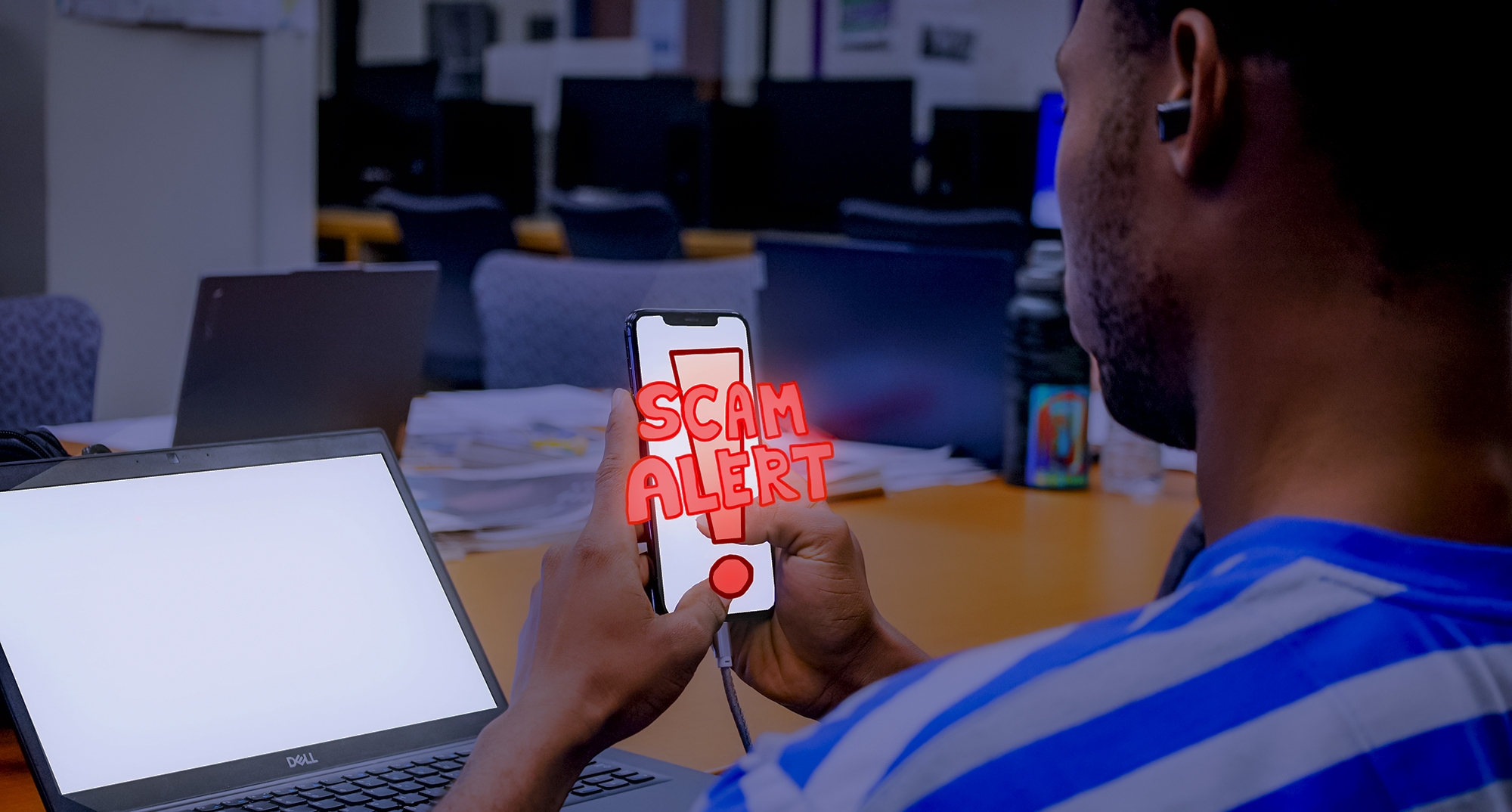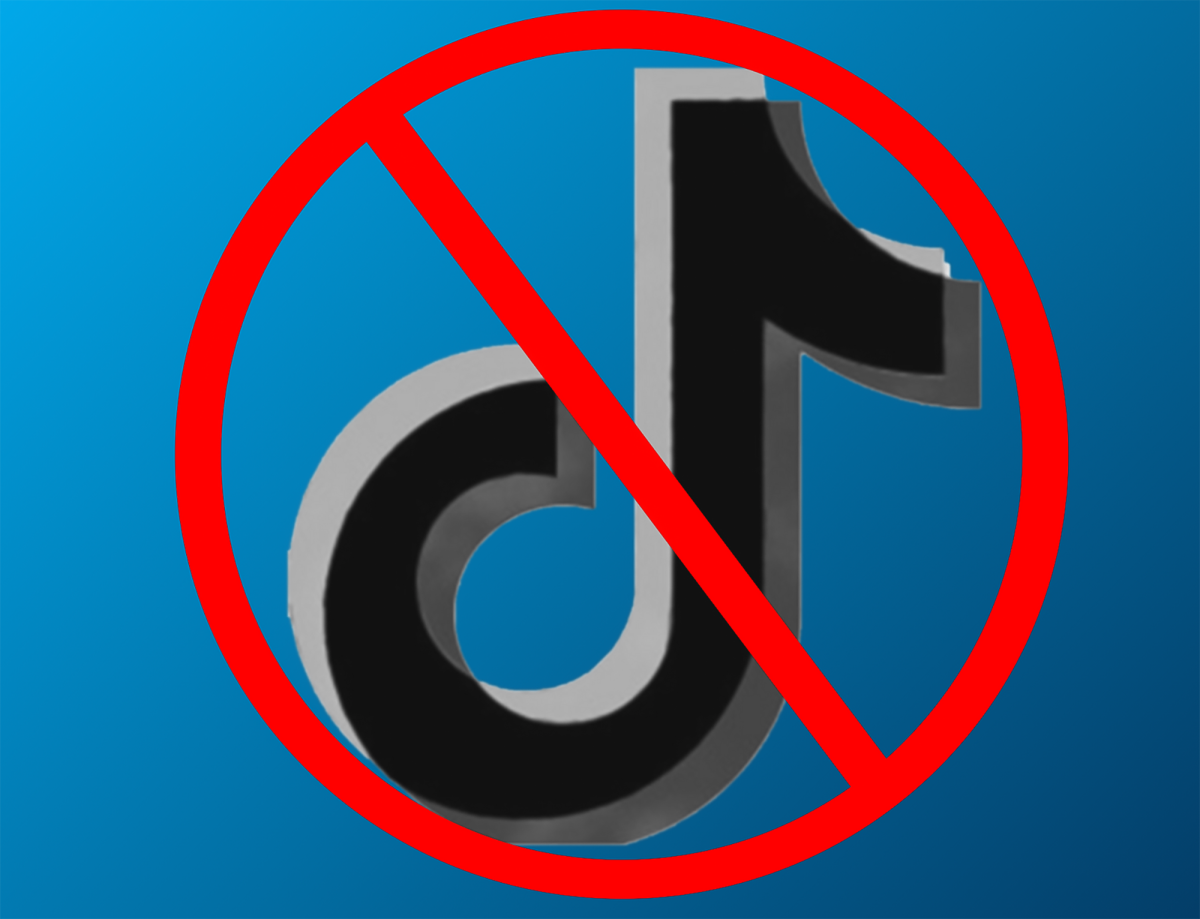
Scam likely. This is how we wish our email clients would warn us of scam attempts just like on our phones. However, it was not that easy recently for multiple Dallas College students.
In early February there were rumblings around Richland Campus about students getting scam job offers sent to their student emails. Dallas College put up a banner on their website of these fake job offers. On second look these false job acceptance letters would now appear to be part of a larger scheme called a phishing campaign.
Rik Jones, Dallas College executive managing director of cyber security/digital forensic services, said, “Phishing is specifically to email and so, it’s receiving an email that’s attempting to get information from you.”
What could the scammers do when someone has unfortunately begun falling for their scam? Jones said there are pretty intricate lengths scammers got to get victim’s personal information. “They’ll pretend like you’re getting the job and your job may be something like, buying stuff for a … charity, such as gift cards,” Jones added.
He said they’ll send a check to pay for those gift cards but that these are “typically fraudulent checks that will bounce and take a while to bounce back.”
“While that check is still processing, they’ll ask you to send money, part of that money to another employee.” Jones said. “Then you’ve set money out of your bank account for this person. Then the check bounces, and you’re out the money twice, and you’ve got the fees from your bank,” Jones said. “That’s the way these scams typically go.”
Consequences for someone falling for a phishing attempt, could result in their bank account getting drained or having their identity being stolen,” said Jones.
J. Carlos Martinez, an economics professor at Dallas College said in regards phishing: “If you feel you’ve been deceived or you’re not sure, call your bank, let them know what happened, or immediately go into your app and lock your credit card. That way, nobody can get to it.”
According to a report by the Federal Trade Commission, consumers reported losing $8.8 billion to fraud/scam in 2022. A 30% increase in fraud losses over 2021 per FTC data.
It’s clear cybercrime and phishing is something we have to be careful of in today’s world. So how do you react if you’ve gotten an email? Jones said the best thing when getting a phish is to report it. “That not only helps you, but it helps everybody else. It ends up shutting down the attack,” Jones said.
If you were a victim of a phishing crime, Jones said Dallas College police have asked phishing victims to go to them and make a report. If it happened outside of college, consider going to a local police station. Jones said the IC3 (Internet Crime Complaint Center) is run by the FBI and allows anyone to report an internet crime on the website.
Jones gave some exciting news for students interested in protecting themselves online from cybercrimes. “We negotiated in our last renewal of our contract for cyber security awareness to include students. And so sometime around spring break … We’re going to be rolling out cyber security awareness training for students, making that available.”






